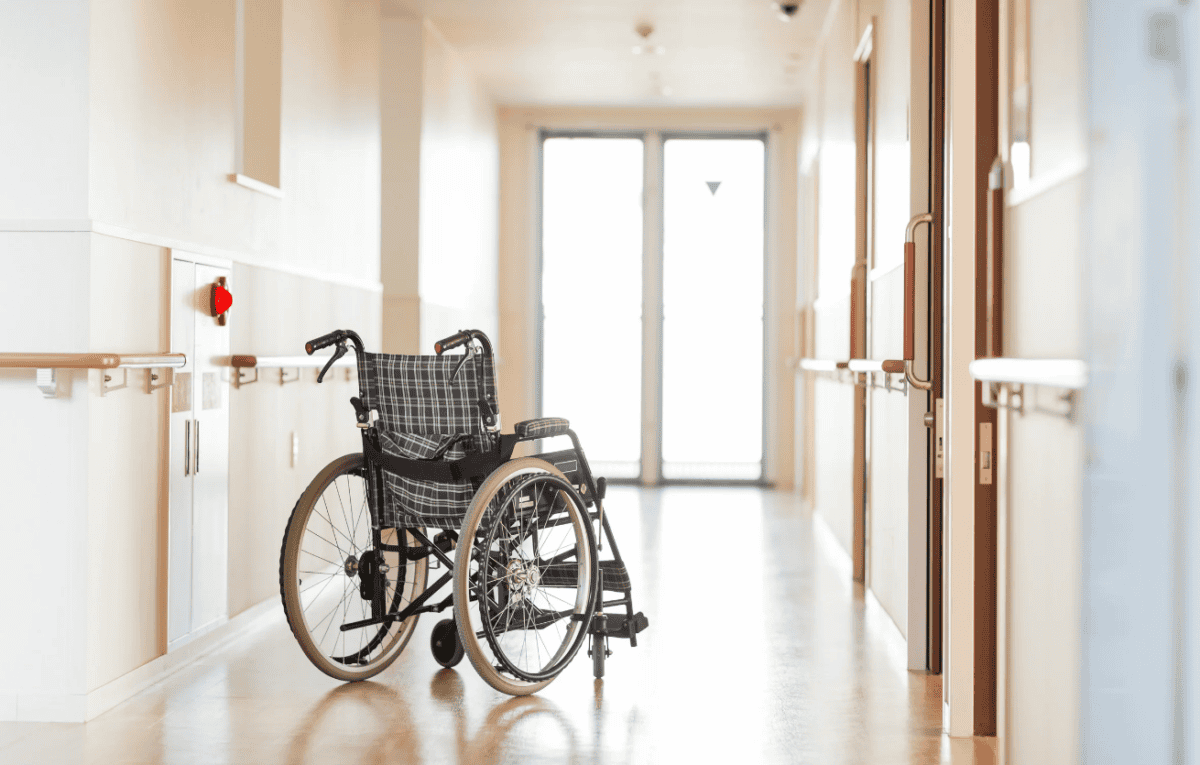When families make the difficult decision to transition an elderly loved one into a nursing home, they do so with the expectation that professional caregivers will tend to all their needs with compassion. Sadly, neglect cases still slip through the cracks at even the most highly-rated facilities. What are the psychological impact of nursing home neglect?
The physical wounds left by lapses in basic care often garner the most attention initially. However, untreated pressure injuries signify more than damaged tissue – they represent a deeper betrayal of trust between helpless residents and the staff duty-bound to protect them.
Understanding Pressure Ulcers and the Role of Prevention
The staging system for pressure ulcers categorizes their severity:
Stage 1: Non-blanch-able erythema (reddening) of intact skin
Stage 2: Partial thickness loss of skin layers that exposes the dermis
Stage 3: Full thickness loss extending through the subcutaneous tissue
Stage 4: Complete loss penetrating down to muscle and bone
The presence of stage 3 or 4 pressure ulcers signals a striking failure in care, given adequate prevention protocols make progression beyond stage 2 exceedingly rare. This represents reckless disregard for resident health and safety from caregivers unwilling to fulfill basic duties around scheduled movement and hygiene.

Early intervention provides simple, non-invasive ways to detect and correct mild skin irritation before it progresses. But undiagnosed and untreated wounds often spiral into alarming states of decay, causing not just lasting physical damage, but the immense legal implications of stage 4 pressure ulcers and anguish when trust is violated.
The Psychological Impact of Nursing Home Neglect
The physical pain of severe, avoidable pressure wounds itself takes immense mental fortitude to withstand. However, equally taxing is the psychological imprint this gross negligence leaves through accompanying feelings of anger, vulnerability, and abandonment.
Research shows that nursing home residents have suffered from neglect struggle with higher rates of:
- Depression and Anxiety: Hopelessness from dependence on negligent caregivers manifests as sadness, restless worry, or mood changes.
- Social Withdrawal: Isolation kicks in with loss of motivation to participate in facility activities and interact with peers.
- Anger and Frustration: Recurring neglect despite complaints breeds resentment and acting out.
- Post-Traumatic Stress Disorder (PTSD): Re-living issues like extreme pain, embarrassment or helplessness haunt survivors.
- Cognitive Decline: Pre-existing dementia worsens in the absence of adequate engagement and enrichment.
This impairs quality of life and can hasten further physical deterioration for already frail residents, robbing their mental well-being.
Contributing Factors to Psychological Impact
The emotional damage behind neglect relates to more than just physical hardship. The vulnerability inherently built into reliance on nursing home staff gets exploited, leading to psychological side effects congregating around themes of loss of security and self-worth.
- Loss of Independence: Needing help with basic tasks means residents lose privacy, dignity, and autonomy, which is heightened by neglect.
- Loneliness and Isolation: Staff shortages equal less social engagement, exacerbated by withdrawal after traumatic neglect events.
- Fear and Helplessness: Lingering anxiety develops around feared recurrence of painful neglect episodes should complaints go unheard.
- Loss of Dignity: Embarrassment over needing help with hygiene mounts when care remains inadequate despite requests for relief.
Recurring neglect spirals into a persistent assault on personal identity and confidence. Vulnerable elders become prisoners emotionally held hostage by dysfunctional nursing home environments.
Recognizing Signs of Neglect
Picking up on indications that a nursing home resident suffers from psychological distress is key to intervening early before both mental and physical health deteriorate further.
Some common red flags include:
- Changes in mood or behavior: Depressed affect, agitation, aggression, and apathy signal internal turmoil.
- Loss of appetite or sleep disturbances: Refusing food and constant insomnia strips joy and stability from daily rhythms.
- Social withdrawal: Disengaging from staff and peers hints at trauma and eroding self-image.
- Expressions of fear or helplessness: Explicit statements convey residents feel imperiled and doubtful about receiving safe care.
- Physical symptoms with no medical explanation: tanking personal hygiene, self-injury attempts, and unexplained injury indicate deeper anguish manifesting externally.
Spotting these subtle clues allows loved ones and patient advocates to recognize problems early and then guide proper emotional support to regain wellness. But prevention remains the ultimate goal.
The Importance of Early Intervention
The bottom line is that cases of advanced pressure wounds from patterned neglect should never occur in capable facilities. When identified, they demand immediate and decisive action to shield other residents from harm as investigations unfold to address root causes.
Here are some steps you can take upon discovering neglect:
- Talk to the nursing home staff: Have formal conversations with management about correcting the neglect and boosting accountability to protect other residents.
- Document everything: Keep detailed records of mistreatment incidents, corresponding with officials. This evidence can aid investigations later.
- Contact the Long-Term Care Ombudsman: This advocacy program helps anonymously address issues related to elder rights, care standards, and policy violations.
- Report the neglect to the appropriate authorities. Nursing care regulatory bodies have channels for confidentially reporting staff misconduct and negligence in support of reform.
- Consider legal action: In cases of gross, willful, or systemic abuse, legal remedies such as personal injury lawsuits can enforce accountability while funding needed care resources.
While not every nursing home lapse stems from malicious intentions, clear patterns of neglect demonstrate cultural issues that can only be resolved through deliberate leadership action, staff retraining, and tightened oversight.
Bandaging individual incidents to treat surface wounds simply perpetuates the unhealthy status quo. Lasting justice comes from building resilience within elder care communities on the deepest levels—physical and emotional.

Final Words On The Psychological Impact of Nursing Home Neglect
Behind every unthinkable case of excruciating, avoidable pressure wounds lies a story of immense human suffering.
Nursing home residents subsisting helplessly in dysfunctional environments not only endure serious bodily injury from lapses in care but also lasting psychological damage that can profoundly diminish mental health and quality of life.
As uncovered throughout our discussion, the intimate betrayal spawned by nursing home neglect inflicts intense emotional trauma rooted in the exploitation of vulnerability. Depression, post-traumatic stress, cognitive decline, and withdrawal result, imposing deep anguish.
In every outcome measured, swift action leads to the path of least harm. If shining a light on these injustices inspires even one reader to lift their voice or offer relief to those suffering, then this call to action serves a virtuous purpose. Justice rests on how we treat our most vulnerable in times of greatest need. We all have a role to play.


